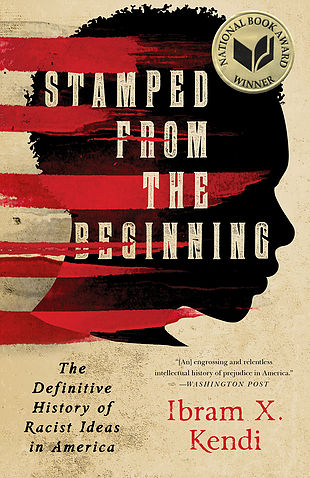Welcome to Spark My Muse!
• Audio is released each Wednesday.
Scroll down for the AUDIO PLAYER to hear the latest episode!
• If you appreciate the show, please help with a one-time gift (of any amount) through this secure PayPal link (credit cards are also accepted through this secure link).
Today my guest is award-winning author and historian Dr Ibram Kendi. He is the 2016 winner of the National Book Award for non fiction and the youngest winner ever in that category. At the time of this interview, he was teaching at the University of Florida, and weeks later became Professor of History and International Relations and the Founding Director of the Antiracist Research and Policy Center at American University.

Dr. Kendi’s book:
Would you like more information about Dr Kendi, a link to his website, minute-by-minute detailed notes of the show, or links to the people or other things mentioned in the episode? Then, don’t forget to check out the SHOW NOTES!
• Click here for the
extras! SHOW NOTES,
plus the Access Pass
The Access Pass unlocks Show Notes to previous episodes and includes Show Notes for the rest of the month, too.
• SHOW NOTES are just $1 per month and you can cancel anytime.
ENJOY THE SHOW!
Listen now using the Audio Player:
Podcast: Play in new window | Download (Duration: 44:49 — 61.6MB) | Embed
Subscribe to Spark My Muse Apple Podcasts | Spotify | Email | TuneIn | RSS | Subscribe to Spark My Muse
Listen to recent episodes:
Pick an option that works best for you:
If you like the show, please share it with one other person TODAY, OR write a review on iTunes. Don’t know how to write a review on iTunes, exactly? Here’s a short how-to video:
What did you like about this episode? I’d love to hear from YOU!



